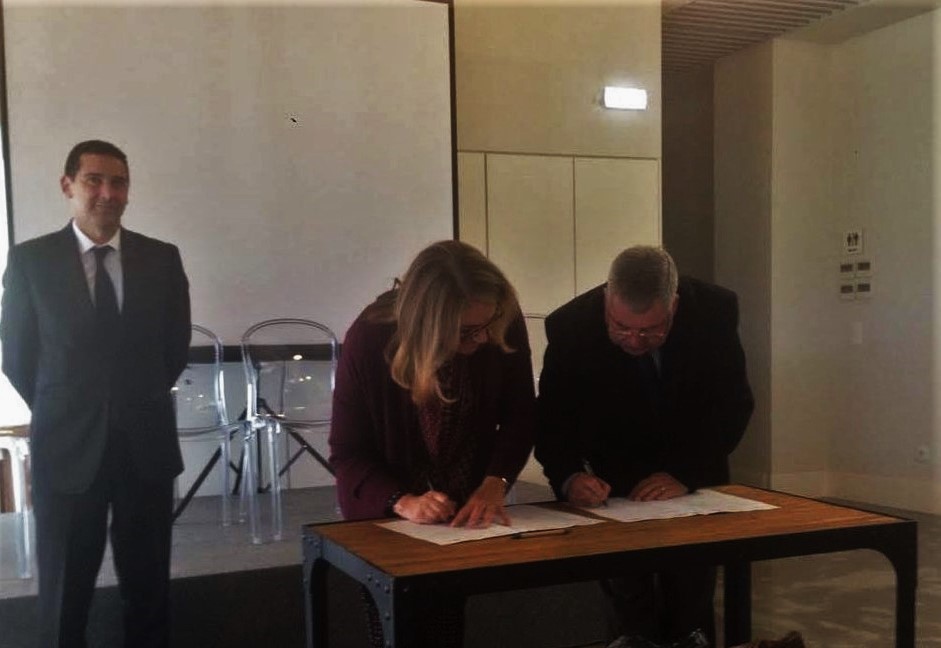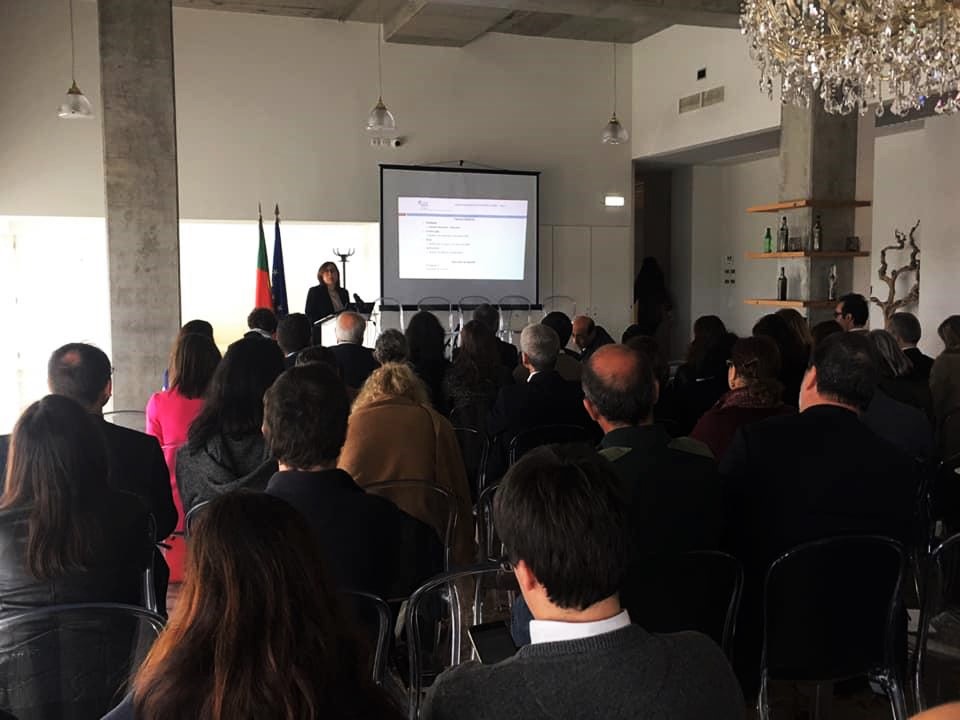The Regional Coordination and Development Committees (CCDR) are important entities for the promotion of the Circular Economy in each region because they know the specificities of the business and industrial fabric, defended this Thursday, April 4th, José Mendes, Assistant Secretary of State and Mobility.
CCDR Algarve was present at a seminar, held in Torres Vedras, where the results of the first year of work within the scope of the regional transition agendas for the Circular Economy were presented.
At Adega Mãe, where the participants of the meeting were welcomed by Bernardo Alves and Laura Rodrigues, councilor of the Municipality of Torres Vedras, the meeting was held to assess the first year of the Regional Agendas, which was opened by Maria do Céu Albuquerque, Secretary of State of Regional Development.
The Regional Agendas for the Circular Economy began its work in 2018, with representatives of each CCDR presenting the work developed in the analysis of Regional Metabolism, based on quantified measures of mass, energy and water flows that allow us to understand the potential for circularity of economies of the regions and, in the future, design more sustainable development scenarios.
Also common is the investment in sharing information, exchanging experiences and good practices with a view to raising awareness among citizens, municipalities and companies, with the seminar developed by CCDR Algarve in December being pointed out as good practice.
Inês Costa, representing the Ministry of Environment and Energy Transition, which has coordinated the work at national level, introduced the theme with an updated international framework, invoking work from the United Nations Environment Program and the OECD, demonstrative of the printed ecological footprint and the trend towards depletion of resources on our Planet.
The panel on “A vision of a Circular Economy in the Regions” was attended by five participants, with the Algarve representation being ensured by the president of Águas do Algarve, a company that presented its good practices in this field.
Before the closing of the meeting, held by José Mendes, Deputy Secretary of State and Mobility, the presidents of the five CCDRs signed a protocol with the Environmental Fund for 2019, which was joined this year by the Autonomous Region of Madeira, with the presence of Susana Prada, Regional Secretary for the Environment.
The Action Plan for the Circular Economy provides that the CCDRs will draw up regional agendas with the objective of identifying opportunities for acceleration and transition to a more efficient and sustainable use of resources and reconciling strategies together with the public and private actors of each region.
In this sense, José Mendes stressed that the CCDRs know the specificities of the business and industrial fabric of each region and can create tailored dynamics «to support pilot projects that can introduce circularity in production processes».
In his speech, the representative of the Government underlined that “regional agendas are important agreements to give territorial expression to circular economy policies, which are friendly to the environment”, stressing that “it is a work that needs to be strengthened and encouraged”.
For the Secretary of State, the circular economy is "strategic", explaining that, in the community funds for 2021-2027, the projects to be financed by the various community programs will take into account issues relating to energy efficiency and the circular economy.
José Mendes highlighted that the Regional Agendas for the Circular Economy, which are being developed in each region, will have a fundamental role in «defining priorities for an economy designed within the limits that the planet imposes», such as achieving neutrality carbon dioxide and reduce consumption.
The government official also added that our country has the «design to create more circularity in the economy and, gradually, move from a linear model, in which materials are collected, processed, consumed and deposited somewhere, to a circular model, in that the products after being used can re-enter the production chairs, optimizing the use of materials, because the materials are finite».




















Comments